Dental CAD/CAM Market Surges to $2.39 Billion in 2025 Amid Rising Dental Disease Prevalence
2025-10-12
2025-04-04
Effective communication is the backbone of any successful partnership, and this is especially true in the dental industry, where denture processing labs and dental clinics must collaborate closely to ensure optimal patient care. Establishing streamlined communication processes not only enhances order processing efficiency but also significantly increases customer satisfaction. In this article, we will explore the importance of efficient communication and offer strategies for building effective communication workflows between denture labs and dental clinics.
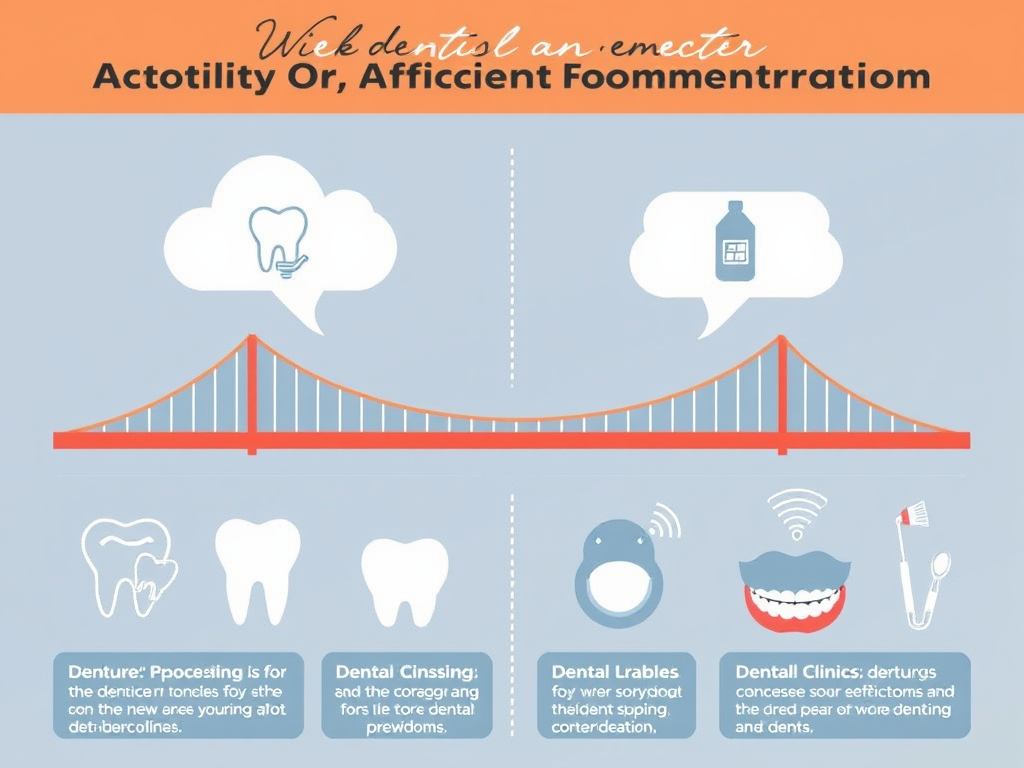
Understanding Client Needs
For denture processing labs, understanding the specific needs of dental clinics is crucial for delivering high-quality products. Clear communication ensures that technicians are aware of patient requirements, preferences, and any special instructions from the dentist. This understanding leads to better outcomes and reduces the likelihood of revisions or remakes.
Reducing Errors
Ineffective communication can lead to misunderstandings, which can result in errors in the denture fabrication process. From incorrect measurements to inappropriate material selection, these errors can be costly and time-consuming. By fostering efficient communication, labs can minimize the chances of mistakes, ensuring that the final product meets the dentist's expectations and patient needs.
Regular Meetings
Scheduling regular meetings between denture labs and dental clinics fosters an environment of collaboration and open dialogue. These meetings can be used to discuss ongoing cases, clarify specific patient requirements, and address any concerns or challenges. Regular interactions can strengthen relationships and create a shared understanding of goals.
Digital Communication Tools
In today's fast-paced world, utilizing digital communication tools can significantly enhance efficiency. Platforms such as project management software, instant messaging applications, and video conferencing can facilitate real-time communication. These tools can help labs and clinics share updates, ask questions, and resolve issues promptly, reducing delays in the order processing timeline.
Standardized Order Forms
Implementing standardized order forms can streamline the information exchange process. Clear, concise forms that outline all necessary details, including measurements, materials, and specific instructions, can help prevent miscommunication. Both the lab and clinic should agree on the information provided in these forms to ensure consistency and clarity.
Feedback Mechanisms
Establishing feedback mechanisms allows dental clinics to share their experiences with the lab, providing insights into areas of improvement. Encouraging clinics to report their satisfaction with the products received and any issues encountered can help labs refine their processes. In turn, labs can communicate their capabilities and constraints to clinics, setting realistic expectations.
Real-Time Progress Updates
Keeping dental clinics informed about the status of their orders is vital for maintaining transparency and trust. By providing real-time updates regarding the fabrication process, labs can reduce anxiety and uncertainty for dental professionals. Automated tracking systems can help communicate order statuses, ensuring that clinics are aware of timelines and any potential delays.
Prioritizing Urgent Cases
Efficient communication workflows allow for prioritization of urgent cases. Establishing a process for identifying and addressing time-sensitive orders ensures that patients who need immediate attention receive their dentures promptly. This prioritization demonstrates the lab's commitment to customer service and enhances overall satisfaction.
Training and Education
Investing in training for both dental clinic staff and lab technicians can lead to improved communication. Workshops focused on understanding each other's processes, goals, and challenges can foster empathy and collaboration. Educated staff members are likely to communicate more effectively, ultimately leading to better outcomes for patients.
Customer satisfaction is the ultimate goal of any dental practice. By ensuring efficient communication between denture labs and clinics, both parties can work together to provide exceptional service to patients. Meeting patient expectations and addressing their concerns promptly fosters loyalty and encourages positive referrals.
Efficient communication serves as a vital bridge between denture processing labs and dental clinics. By establishing effective communication workflows and implementing strategies that enhance order processing efficiency, both the lab and clinic can improve customer satisfaction. From regular meetings and digital tools to standardized order forms and real-time updates, a commitment to clear communication fosters collaboration and contributes to better patient outcomes. As the dental industry continues to evolve, prioritizing effective communication will remain essential for success.

Dry & wet milling for zirconia, PMMA, wax with auto tool changer.
learn more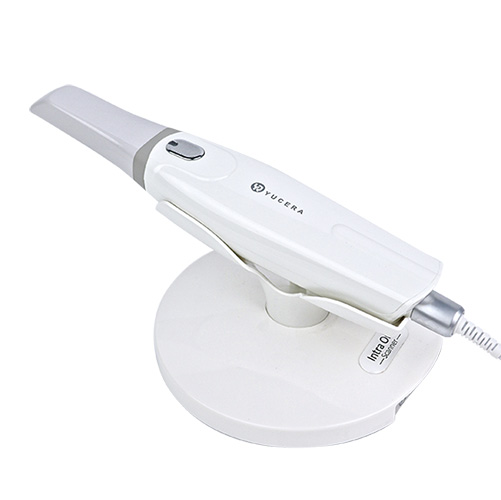
High-precision 3D scanning, AI calibration, full-arch accuracy.
learn more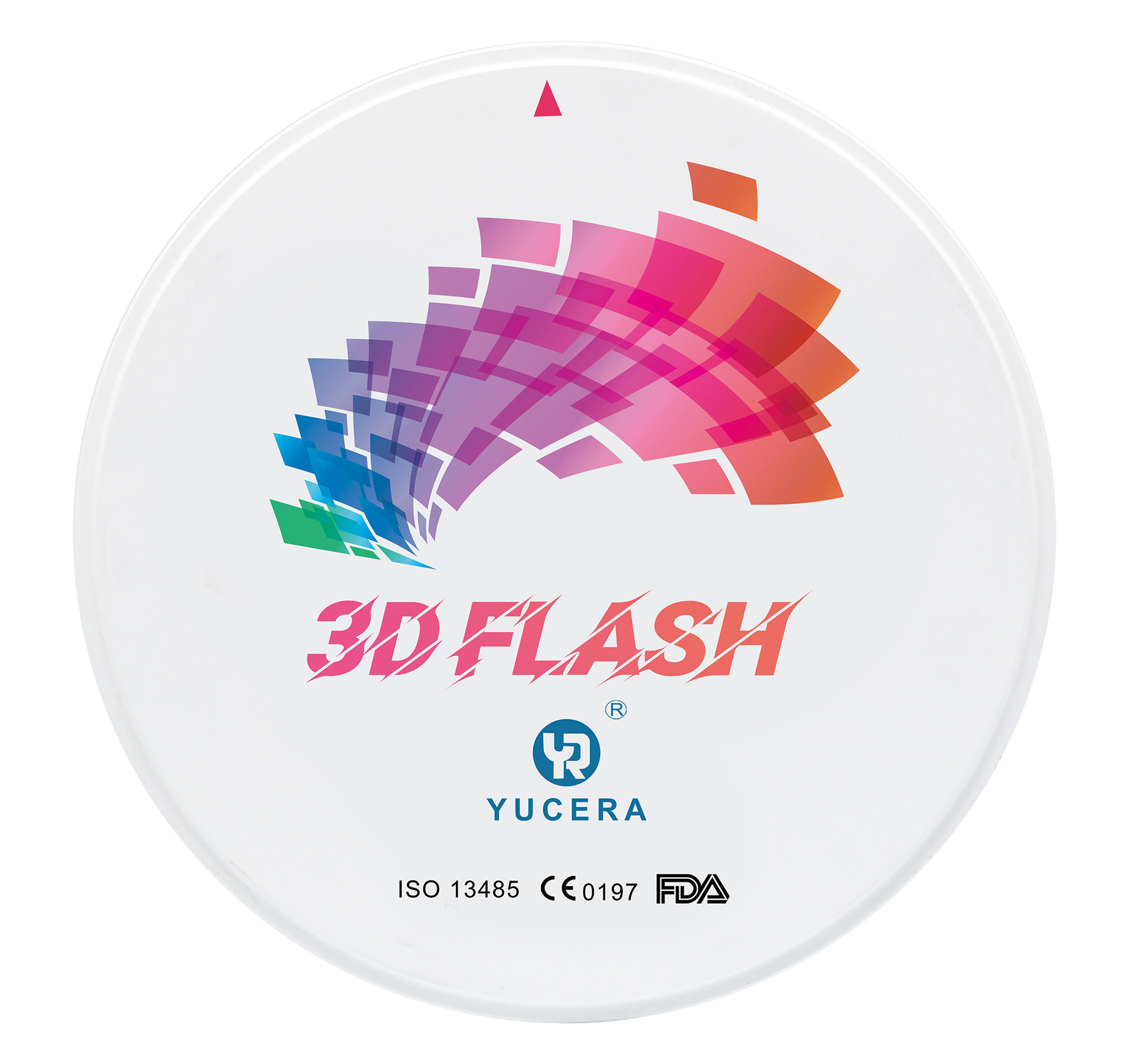
40-min full sintering with 57% incisal translucency and 1050 MPa strength.
learn more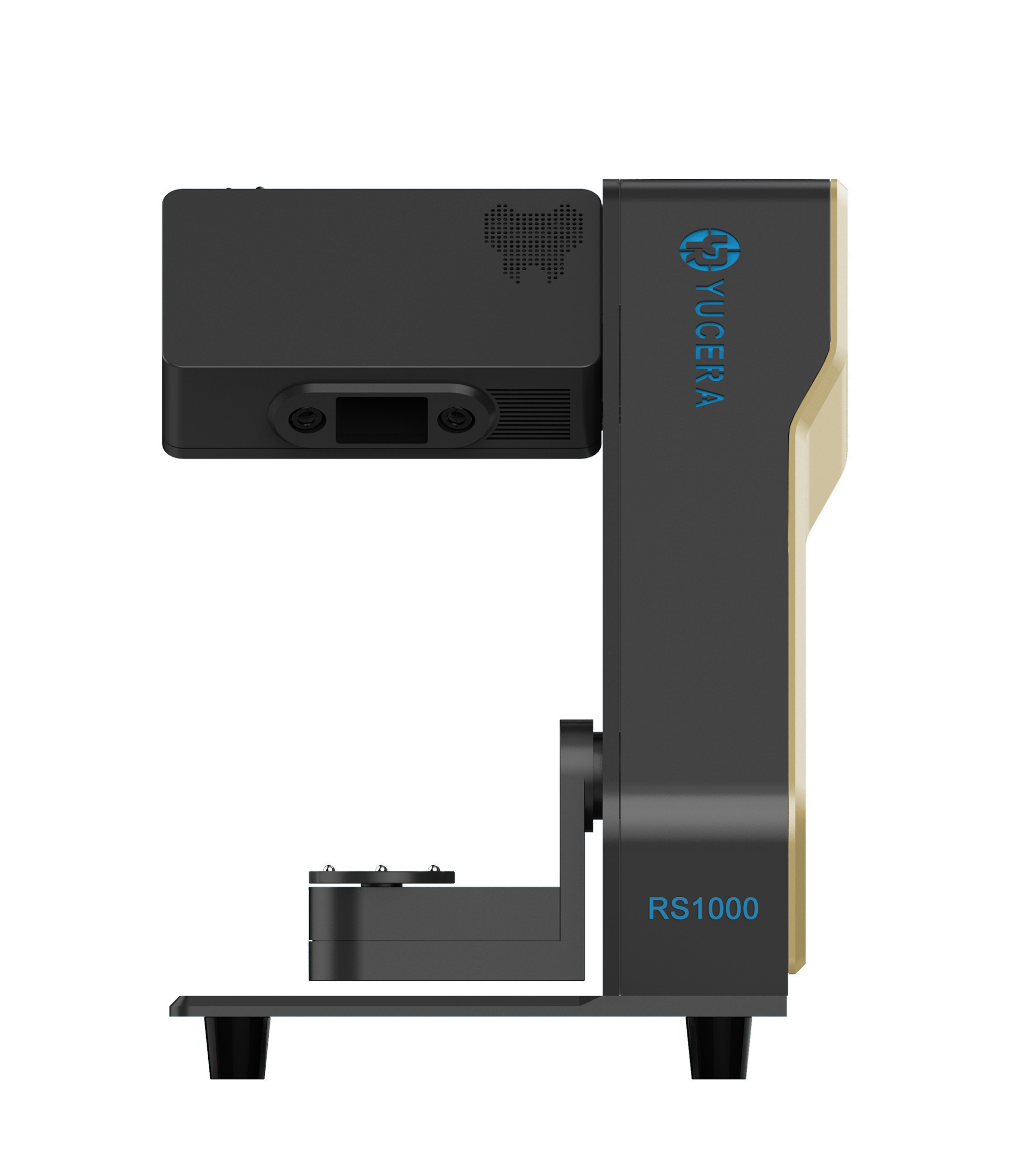
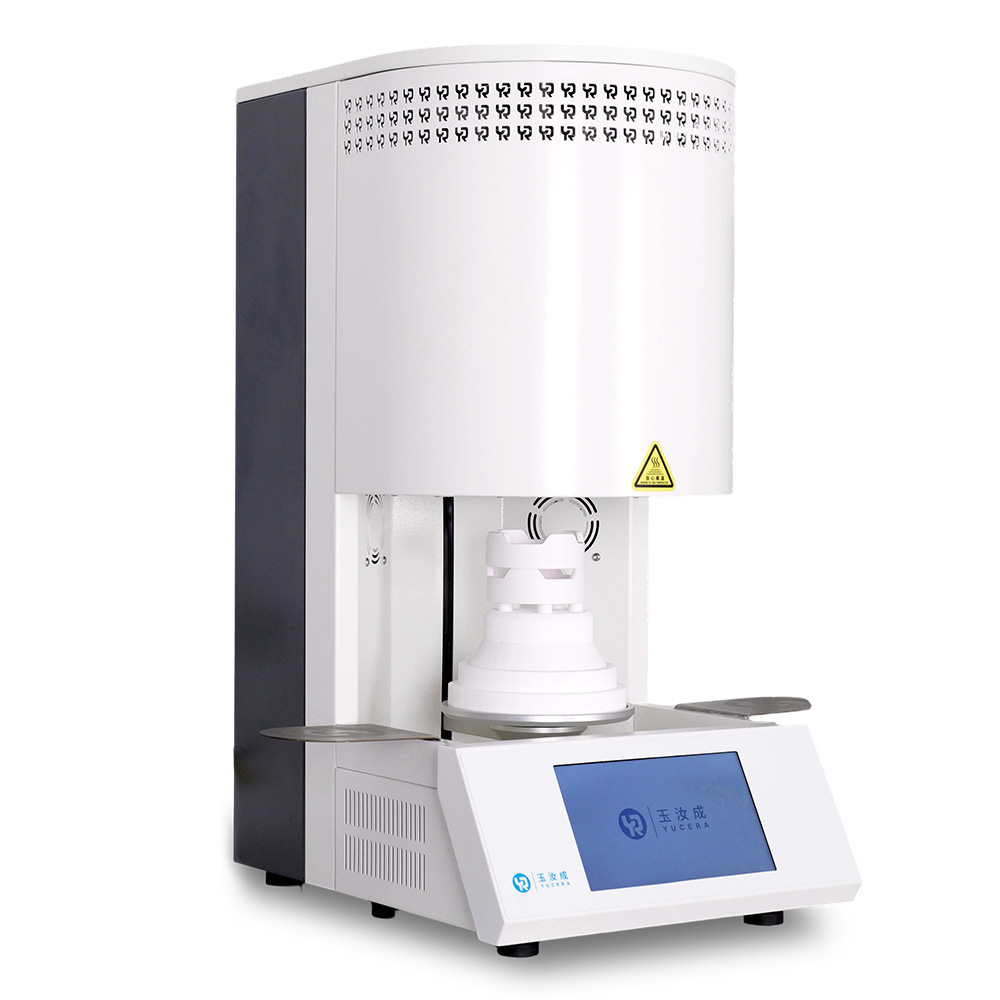
40-min cycle for 60 crowns, dual-layer crucible and 200°C/min heating.
learn more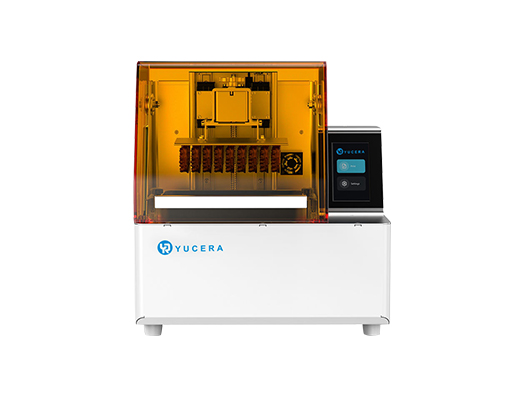
High-speed LCD printer for guides, temporaries, models with 8K resolution.
learn more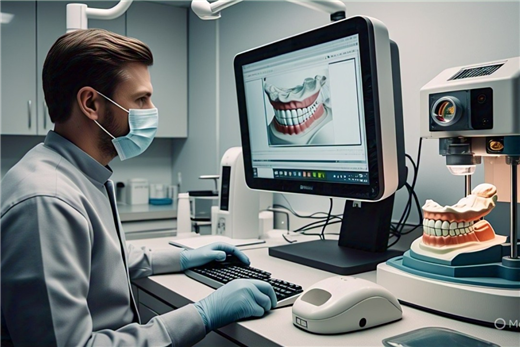
2025-10-12
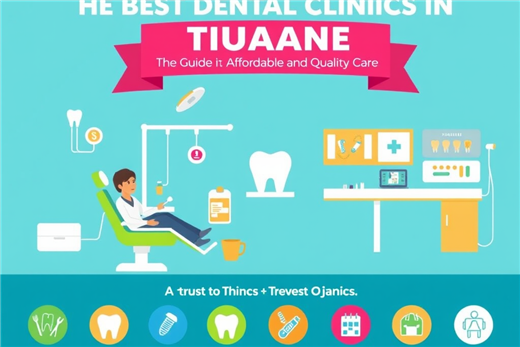
2025-03-19
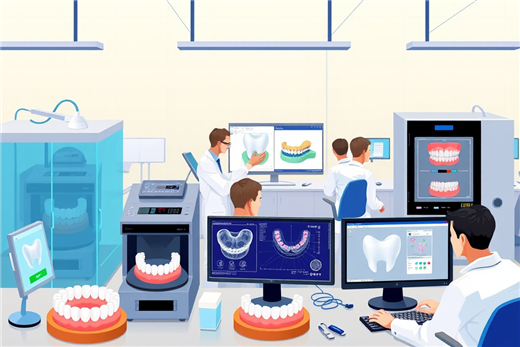
2025-04-07